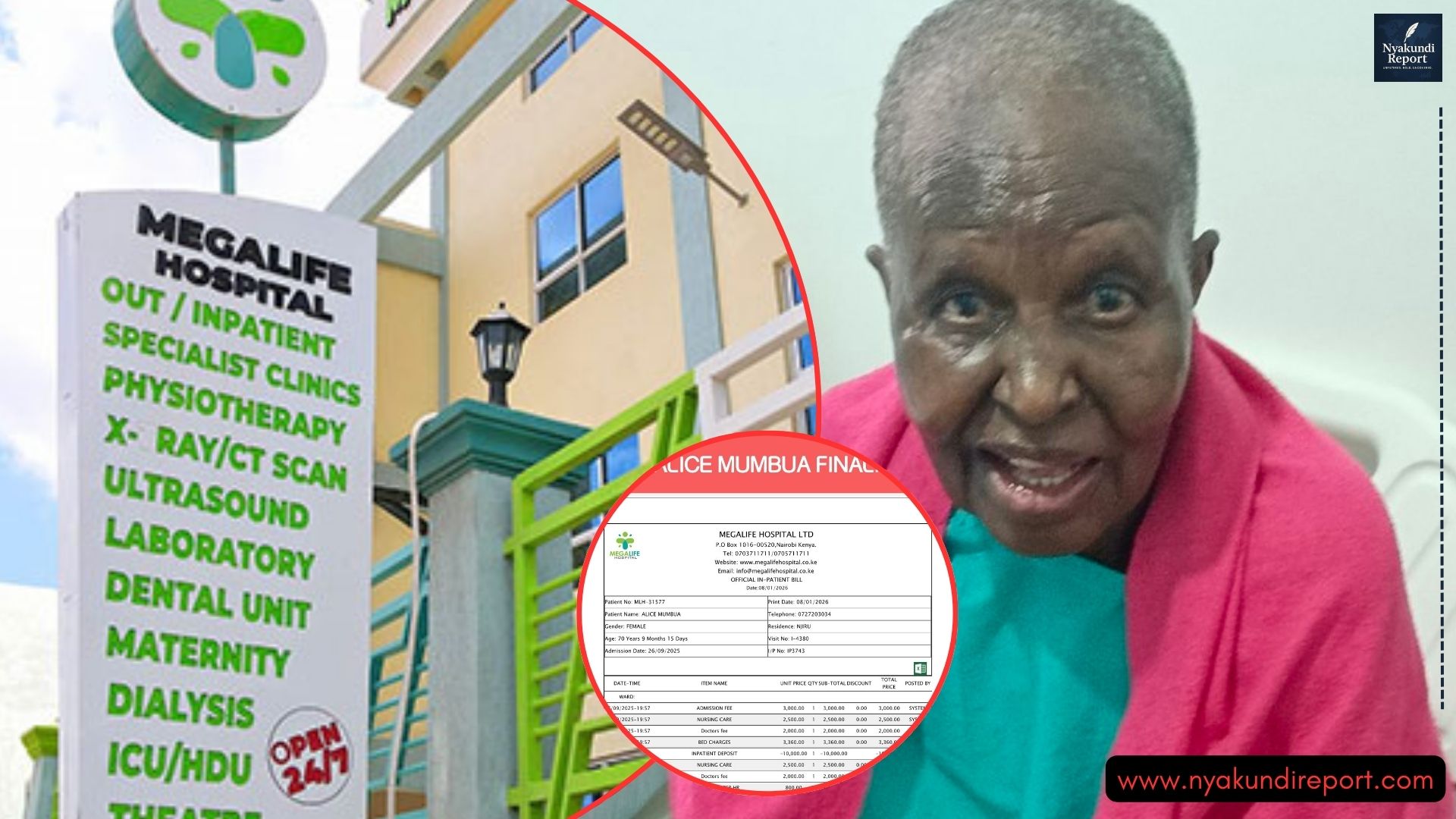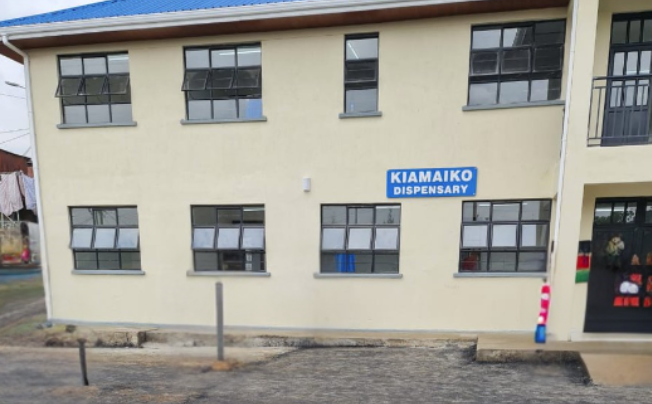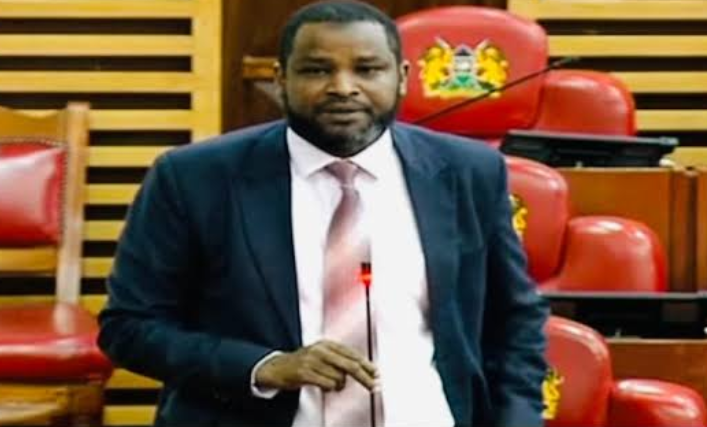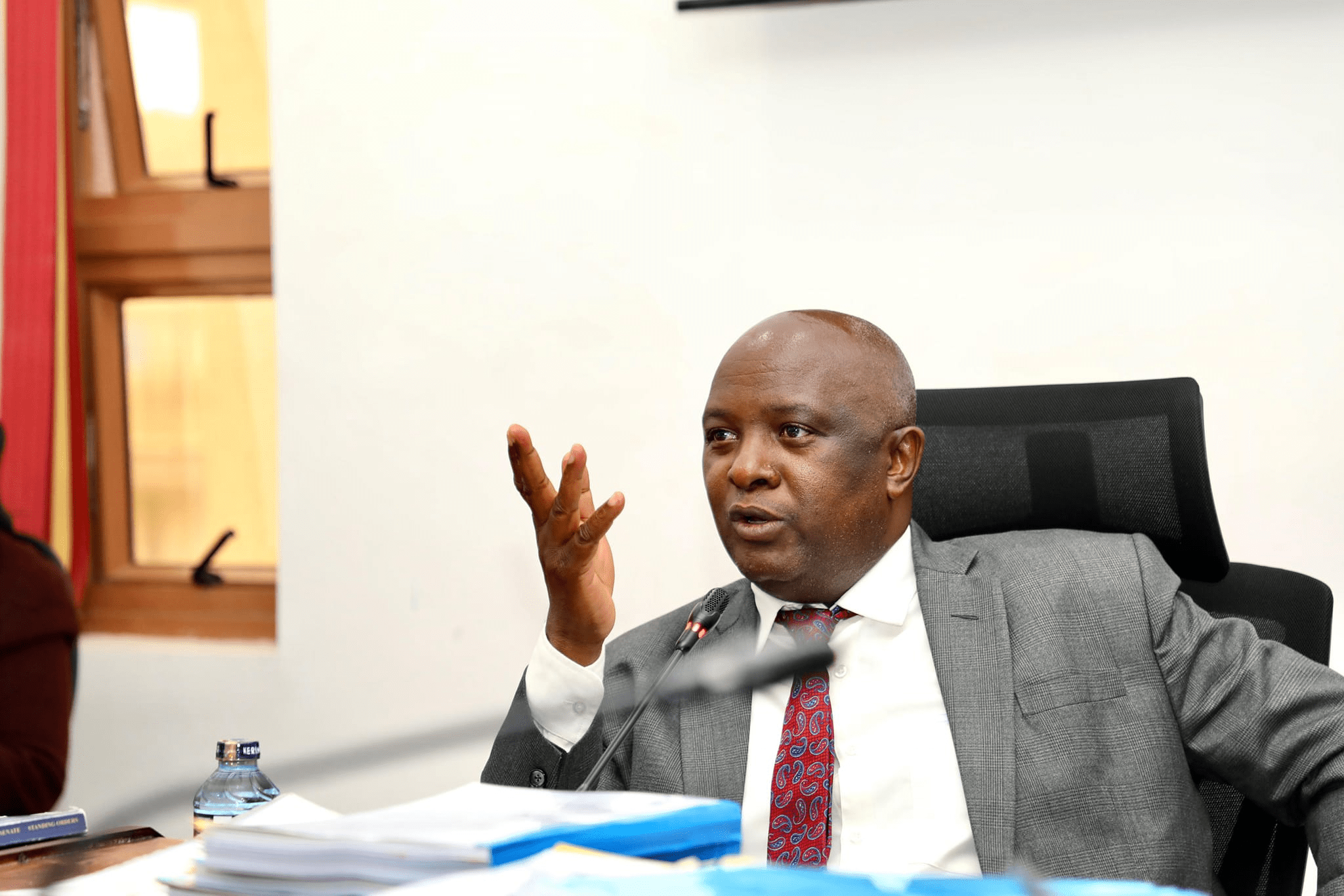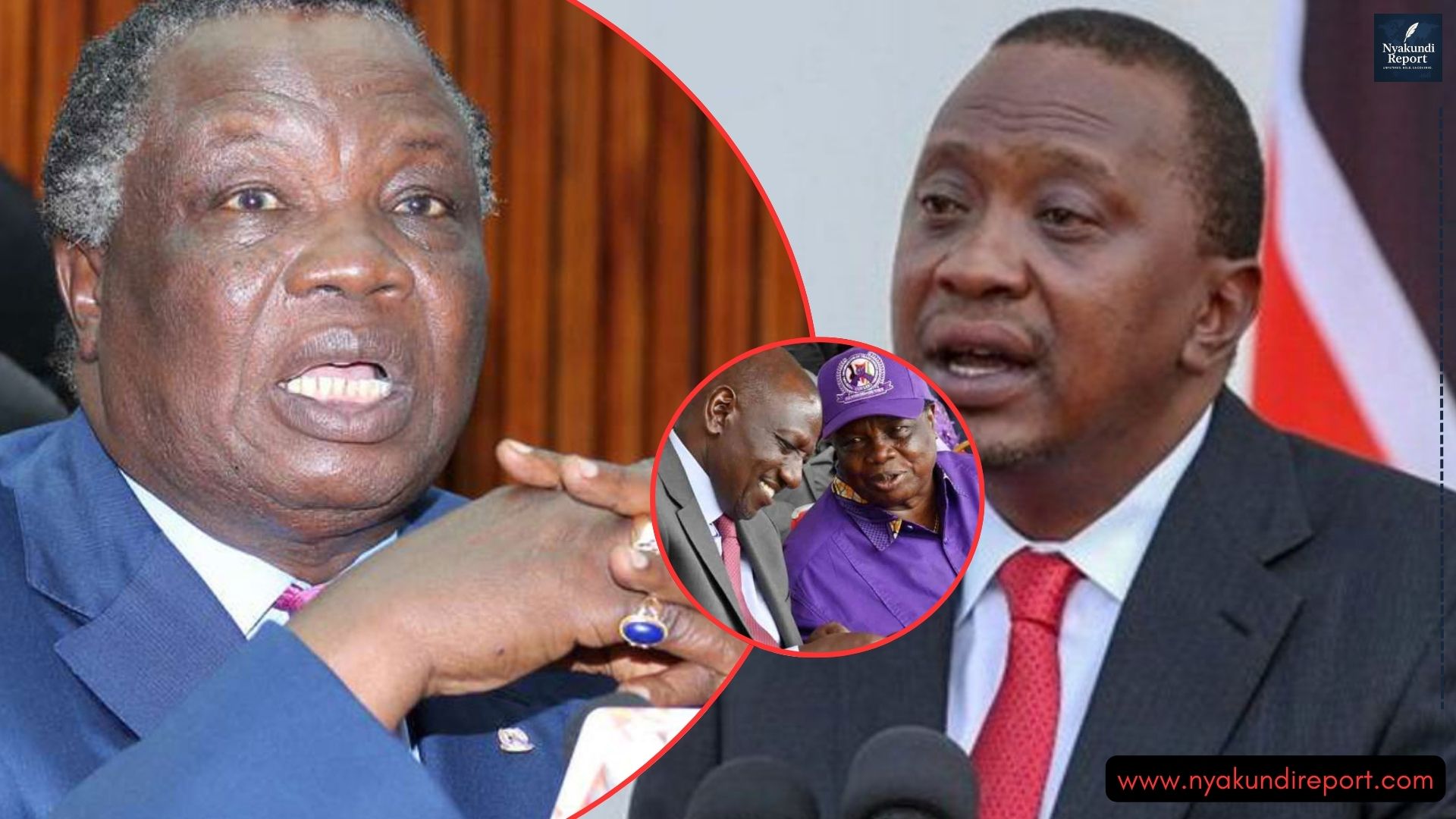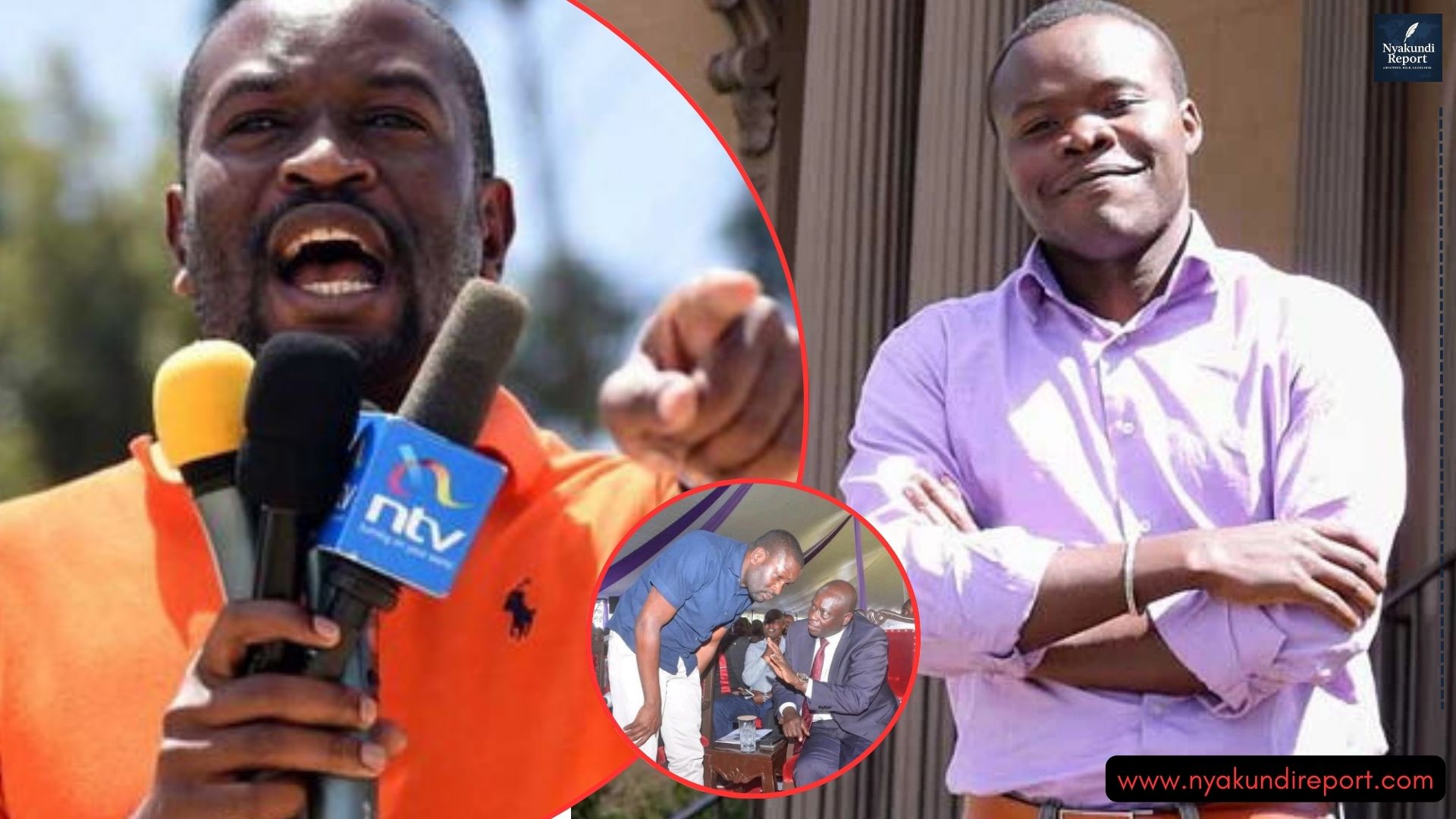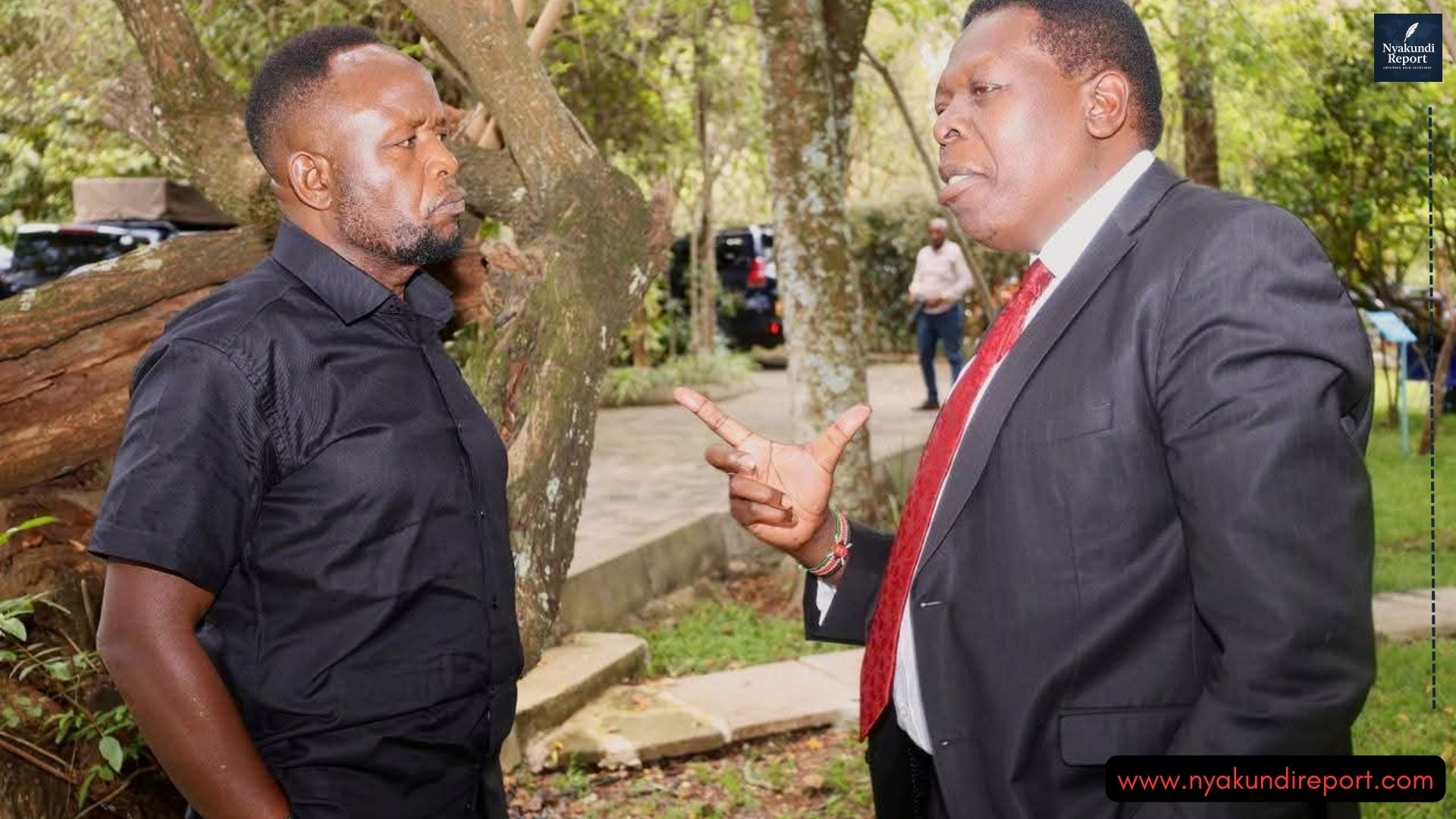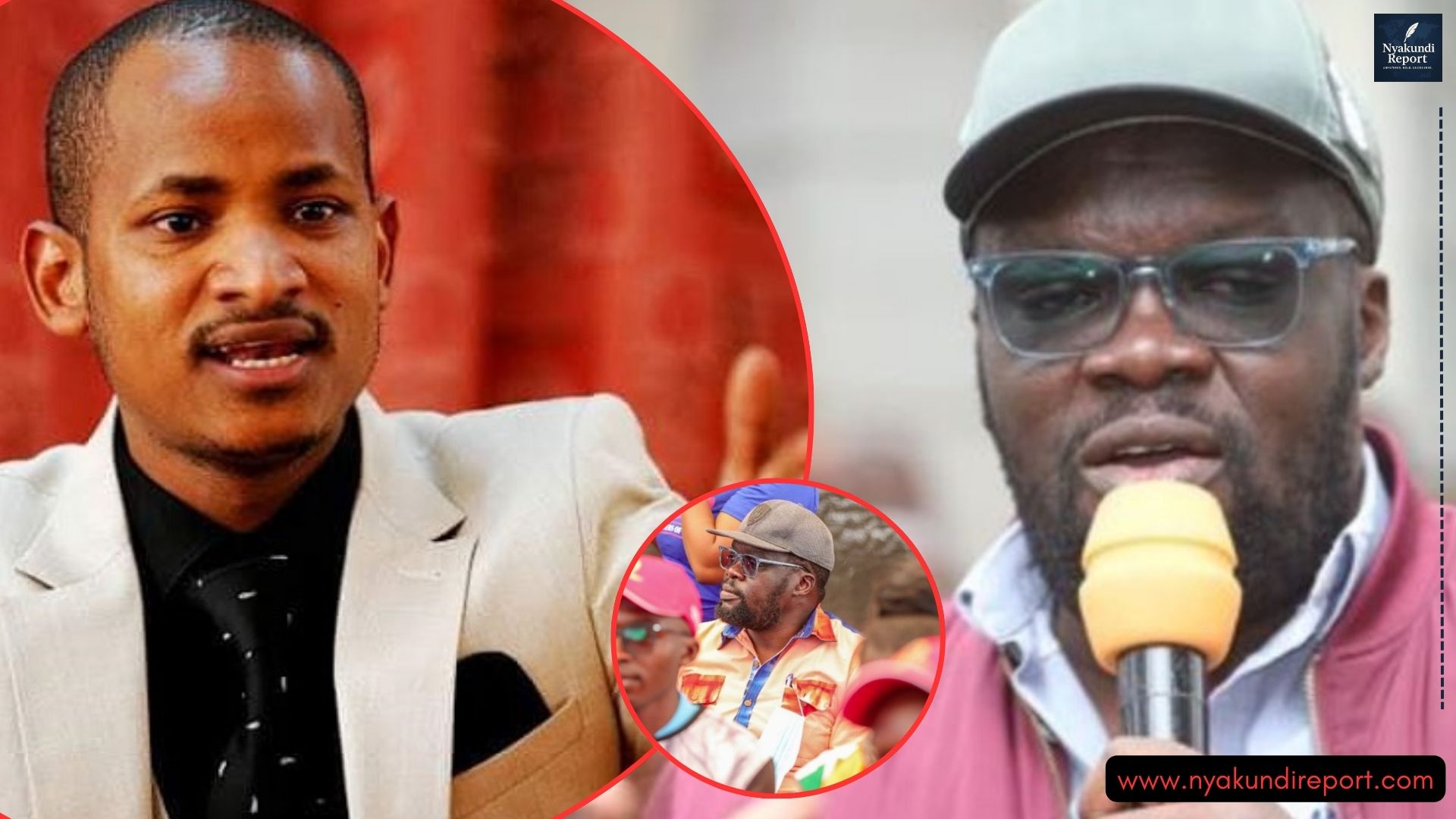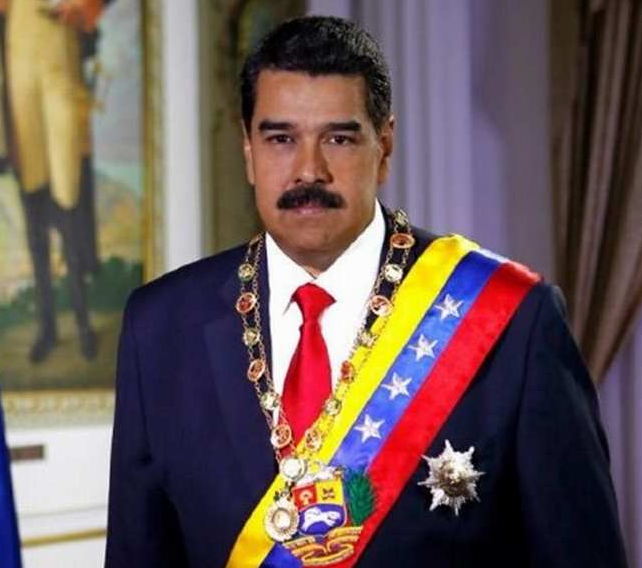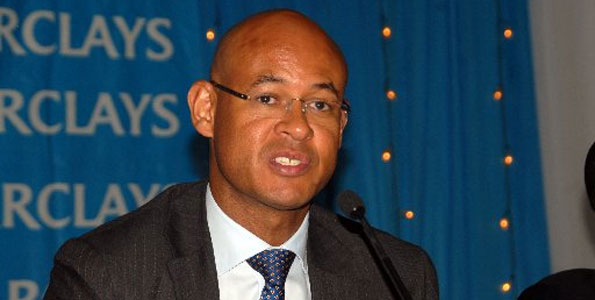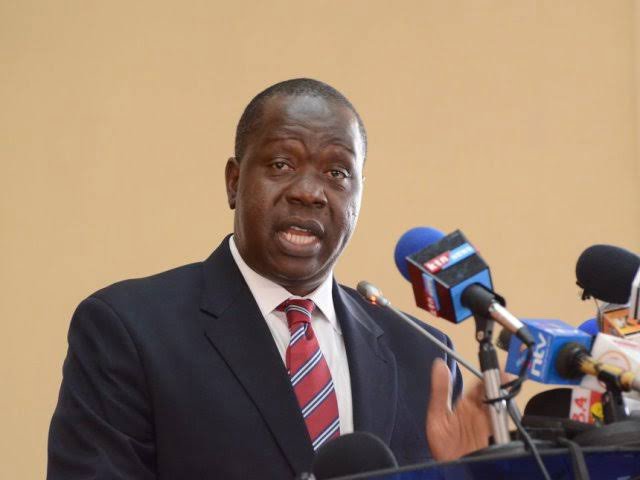Serious allegations concerning the misuse of public funds, absence of procurement controls, and systemic operational dysfunction have emerged from within the Lake Region Economic Bloc (LREB), a regional coalition comprising fourteen counties in western Kenya, established with the expressed intention of fostering integrated development through harmonized policies, joint infrastructure, and shared economic ventures across a region historically bound by ecological, economic, and sociocultural interdependence.
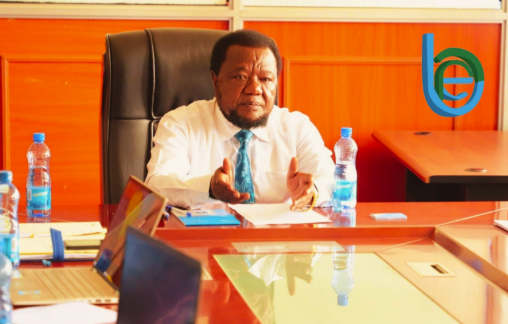
Formally constituted in 2018 following the passage of enabling legislation by the Kakamega County Assembly, subsequently ratified by several other counties including Vihiga, albeit with notable holdouts such as Bomet, Bungoma, Homa Bay, Kericho, Nandi, Siaya, and Trans Nzoia, LREB was envisioned as a mechanism for regional economic transformation, anchored in cooperative frameworks spanning agriculture, trade, health, technological advancement, environmental sustainability, and, notably, the creation of a regional financial institution intended to serve small and medium enterprises through accessible credit lines.
Despite the articulation of a comprehensive Economic Blueprint and the commitment of member counties to contribute a cumulative Ksh 2.8 billion, an amount earmarked to operationalize the envisioned regional development bank, progress towards institutional maturity has reportedly stalled, in part due to the absence of a coherent national regulatory framework governing the operations of such economic blocs, though high-level consultations with the Ministry of Devolution were said to have been initiated as early as 2020 in an attempt to mitigate these legislative ambiguities.
However, beyond these bureaucratic hurdles, the bloc is now facing intensified scrutiny following a series of explosive claims levied by a whistleblower, who alleges that funds deposited in fixed accounts at Cooperative Bank and Equity Bank (investments reportedly yielding annual interest approximating Ksh 7 million) have been withdrawn without adherence to transparent financial procedures, and, more alarmingly, allegedly appropriated for personal enrichment by senior officials within the bloc’s executive leadership.
Specifically, the whistleblower contends that LREB Chief Executive Officer Mr. Victor Nyagaya, in collaboration with his executive secretary, Ms. Sylvia Jane Kiaye, has facilitated the diversion of bloc funds for personal use, including a purported transfer of Ksh 40 million into Mr. Nyagaya’s personal bank account in March of this year, an action which constitutes a flagrant breach of the Public Finance Management Act and an egregious violation of public trust.
 Loading...
Loading... Loading...
Loading... Loading...
Loading... Loading...
Loading...There are also claims that the bloc operates without a functioning procurement system, thereby exposing its financial activities to unchecked discretion and undermining the basic tenets of public accountability.
According to insiders, the situation has deteriorated to such an extent that suppliers, having allegedly remained unpaid for extended periods, have begun issuing threats of legal redress, including potential asset seizures, while LREB staff, fearful of workplace raids by auctioneers, reportedly avoid reporting to the office altogether, given the risk of having personal property confiscated.
More allegations include the suspension of the bloc’s official website, reportedly developed with funding support from the Ford Foundation and Transparency International, which, according to sources, remains offline due to the bloc’s failure to remunerate the contracted vendor responsible for its maintenance and upgrade, an omission symptomatic, he suggests, of broader institutional neglect and financial disarray.
Perhaps most emblematic of the purported dysfunction is the claim that, despite millions being held or disbursed by the bloc, the office infrastructure has deteriorated to the point of lacking even the most basic supplies, a metaphor that underscores, in stark terms, the alleged disconnect between resource availability and operational efficacy.
Senior officials named in the emerging scandal include Mr. Victor Nyagaya, the Chief Executive Officer of the Lake Region Economic Bloc, and his executive secretary, Ms. Sylvia Jane Kiaye both of whom now stand at the centre of allegations not only reflect administrative negligence but also a deliberate betrayal of public trust and a brazen abuse of office under the guise of regional economic development.
Meanwhile, conspicuously silent amidst the growing storm are the bloc’s top political leaders, Kisumu Governor Professor Anyang’ Nyong’o, who serves as LREB’s chairman and Bungoma Governor Kenneth Lusaka, the vice-chair whose continued inaction and failure to publicly address the allegations have only amplified perceptions of complicity, institutional rot, or, at best, willful indifference in the face of mounting evidence suggesting financial mismanagement at the highest levels of the bloc’s governance.
These revelations strike at the heart of the very rationale behind the creation of regional blocs such as LREB and cast serious and enduring doubts over the operational legitimacy of such entities.
They have once again exposed the stark vulnerabilities that exist when decentralization proceeds without adequate mechanisms for transparency, fiscal discipline, or independent oversight.
As this story continues to unfold, and as pressure builds for accountability, all eyes now turn to the constitutional watchdogs, the Office of the Auditor General and the Ethics and Anti-Corruption Commission (EACC) who must not only initiate immediate and thorough investigations but must do so with a level of rigor and impartiality befitting the scale of the allegations, lest the public be left to conclude that the entire architecture of devolved governance in Kenya has been hollowed out by self-interest, impunity, and elite capture masquerading as regional progress.

